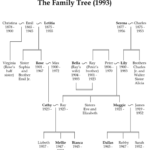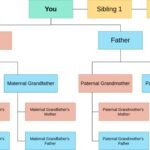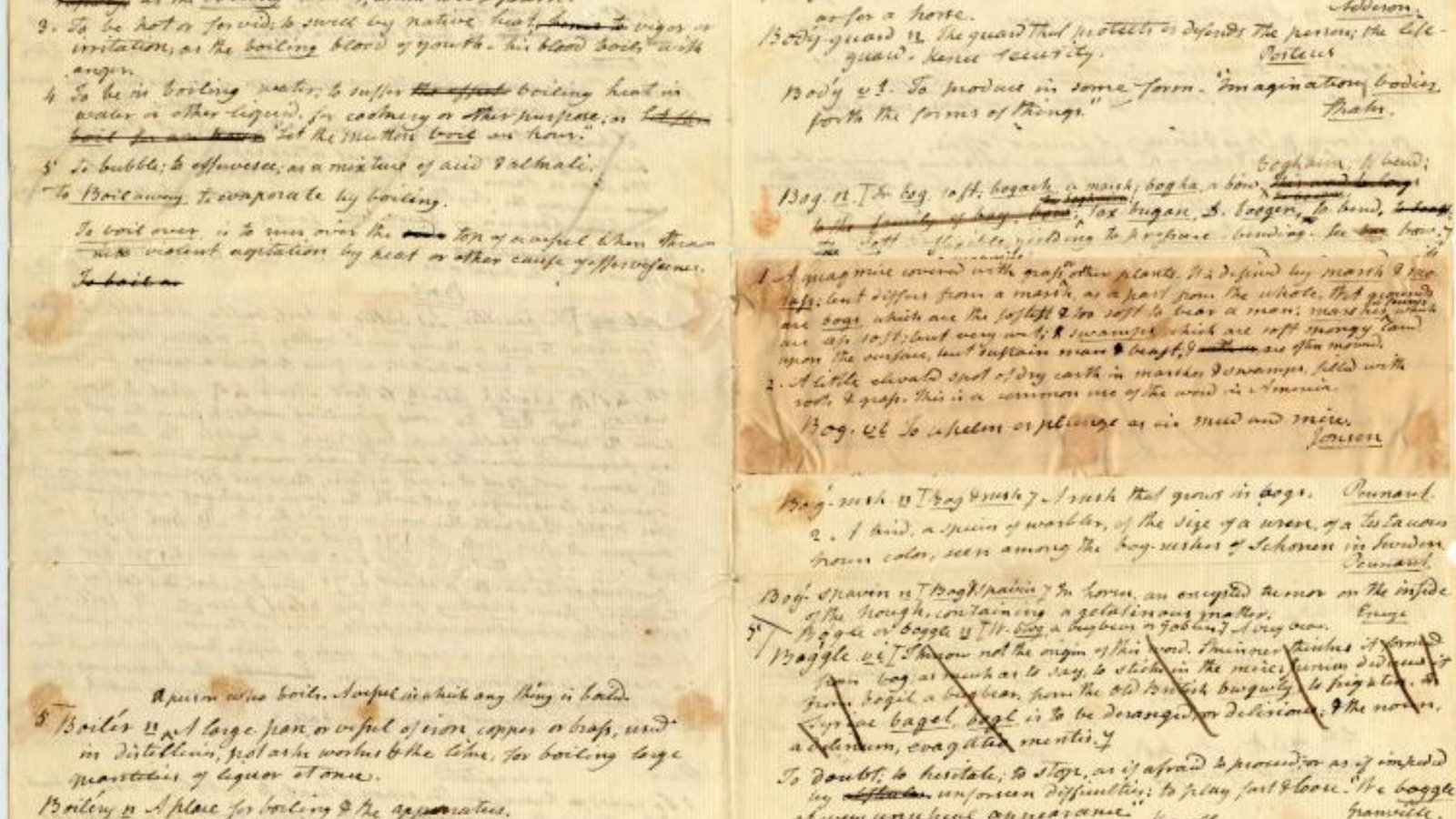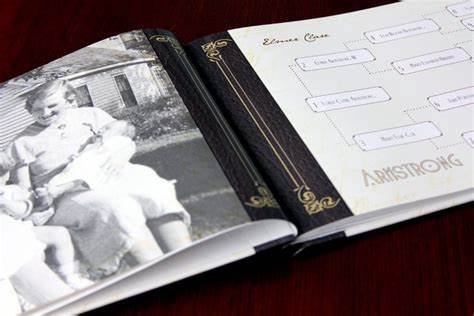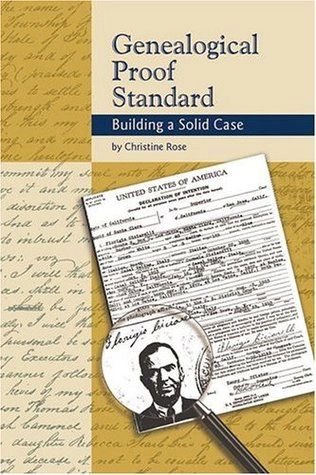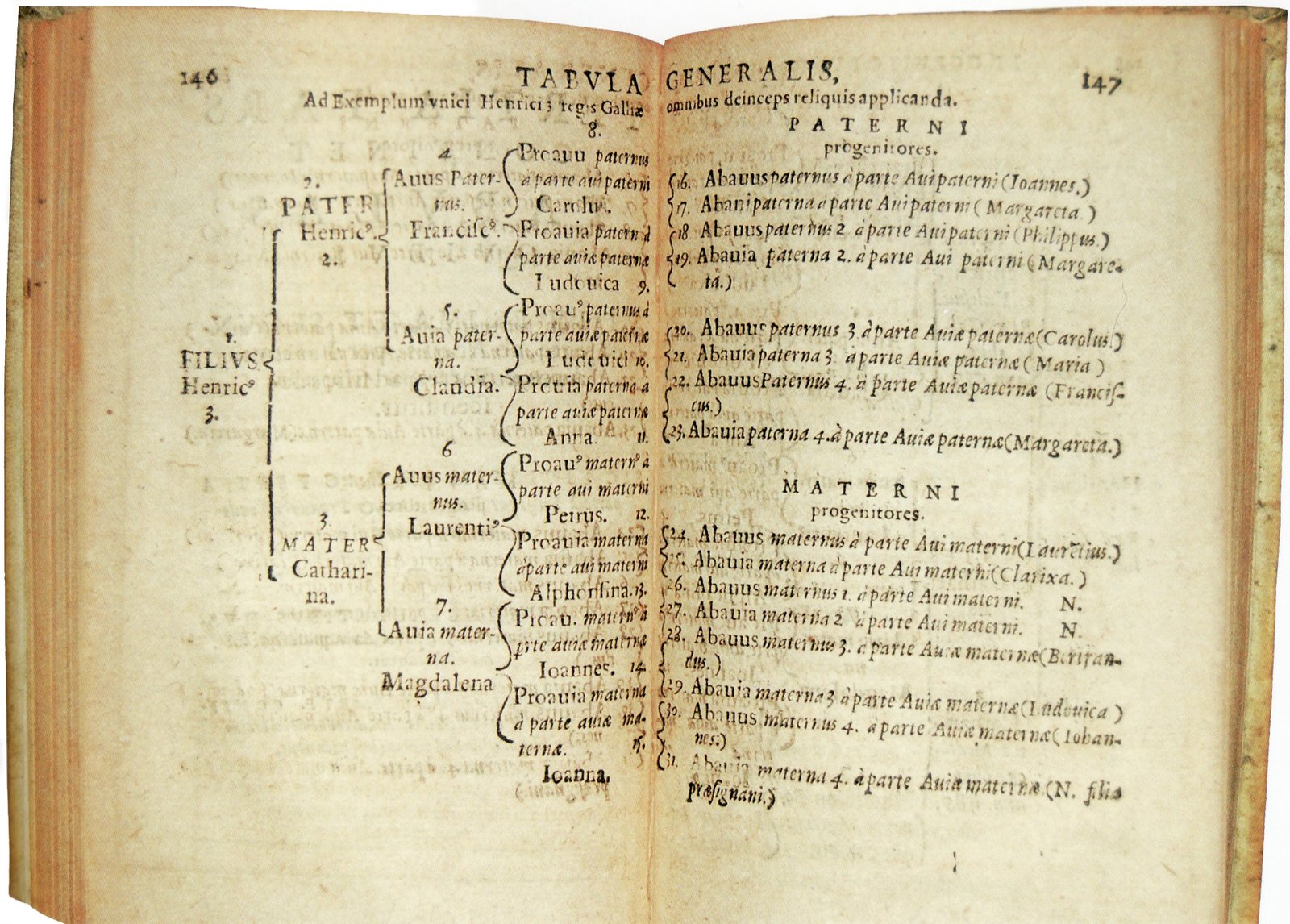Genealogy research can be both exciting and challenging, especially when you encounter unfamiliar terms and abbreviations in old records. To make your research easier, it’s helpful to have access to top free genealogical dictionaries. These resources provide simple definitions for complex genealogy terms, making it easier for beginners to understand their family history documents. In this article, we will explore some of the best free genealogical dictionaries you can access online to assist with your research.
Why Top Free Genealogical Dictionaries Are Useful
When you’re researching your family’s history, you’ll often come across terms that are no longer in common use today. From old job titles to historical place names, these terms can make it difficult to understand genealogical records. That’s where top free genealogical dictionaries come in.
These free dictionaries give you easy access to a wide range of genealogy terms, making your research much easier and more efficient. By using these resources, you can quickly decode complex terms, learn about historical occupations, and even understand older versions of place names. With just a few clicks, you’ll feel more confident navigating your family history records.

Top Free Genealogical Dictionaries You Can Use
- The Online Dictionary of Genealogy
One of the top free genealogical dictionaries is The Online Dictionary of Genealogy by Tony Burroughs. This easy-to-use online dictionary is perfect for both beginners and experienced researchers. It covers more than 2,000 genealogical terms, including old job titles, place names, and specific family history terminology.
The dictionary is free and available online, so you can quickly search for any term that confuses you. It’s a great starting point for anyone new to genealogy or anyone working with old records that include unfamiliar language.
- Genealogy.com Dictionary
Another excellent top free genealogical dictionary is the one provided by Genealogy.com. This dictionary is specifically designed to help people working with family history records. It includes thousands of definitions for terms found in genealogy documents such as census records, wills, and marriage certificates.
Whether you’re reading a parish record or a probate file, this dictionary will help you understand terms related to family relationships, occupations, and locations. By using Genealogy.com’s dictionary, you can make sure you’re interpreting your findings correctly.
- FamilySearch Genealogy Glossary
FamilySearch, one of the largest genealogy websites, offers a free genealogy glossary that is another great tool for understanding difficult terms. This glossary provides definitions for common genealogical terms and includes explanations for terms related to family relationships, record types, and historical concepts.
The FamilySearch glossary is particularly useful for beginners, as it provides simple definitions and examples to clarify the meaning of terms. Additionally, FamilySearch offers other helpful resources, including family history research guides, making it a great website for anyone interested in learning more about genealogy.
- RootsWeb Genealogy Dictionary
RootsWeb, which is now part of Ancestry.com, offers a free genealogical dictionary that can help you decode complex terms. It provides definitions for over 1,000 genealogical terms and is especially useful for people researching their family history in the United States.
The dictionary is free to access, and it includes information on everything from different types of records to job titles and place names. RootsWeb is a trusted resource, and its dictionary is regularly updated to ensure that it includes the most relevant and up-to-date information.
- Genealogy In Time Dictionary
Genealogy In Time is another excellent free resource. It’s an online dictionary that contains definitions for genealogical terms from various time periods and locations. The dictionary is updated frequently to reflect new findings and trends in the genealogy world.
This resource is useful because it goes beyond just providing definitions. It also offers historical context for many of the terms it explains. Understanding the historical context behind a term can give you deeper insight into your research and help you make better connections in your family tree.
- The Oxford Dictionary of Family Names (Free Version)
If you’re interested in learning more about family surnames, The Oxford Dictionary of Family Names offers a free version that can help you understand the origins of surnames and their meanings. This dictionary is a great resource for people who are tracing their ancestry and want to learn more about the history of their family names.
The free version of The Oxford Dictionary of Family Names provides brief descriptions of the most common family names. For those interested in a more detailed version, the full dictionary is available for purchase, but the free version is a helpful starting point for beginners.
- Cyndi’s List Dictionary
Cyndi’s List is one of the most well-known genealogy websites, and it also provides access to a glossary of terms. This free dictionary offers definitions for a wide variety of genealogy-related terms, including record types, locations, and occupations.
Cyndi’s List is an excellent resource because it’s a comprehensive site that links to many other genealogy websites and tools. The dictionary itself is easy to navigate, and the site is frequently updated to reflect the latest trends in genealogy research.
How to Make the Most of Top Free Genealogical Dictionaries
To get the most out of these top free genealogical dictionaries, keep these tips in mind:
- Use them frequently: Keep these dictionaries handy as you work through genealogical records. Whenever you come across a confusing term, take a moment to look it up.
- Cross-reference definitions: Sometimes, the meaning of a term can change depending on the time period or location. Cross-reference definitions to ensure you’re interpreting the term in the correct context.
- Take notes: As you research, jot down new terms and their meanings. Creating your own glossary will help you keep track of unfamiliar terms and make your research more efficient.
Conclusion: The Power of Top Free Genealogical Dictionaries
In conclusion, using the top free genealogical dictionaries can make a huge difference in your family history research. With these dictionaries, you can decode complex terms, understand historical contexts, and gain a deeper understanding of your ancestors’ lives.
By using resources like The Online Dictionary of Genealogy, Genealogy.com, and FamilySearch, you can navigate even the trickiest genealogical documents with ease. These free dictionaries are available online, so you can access them anytime during your research. Keep these resources close by, and soon you’ll feel more confident as you explore your family’s past.




